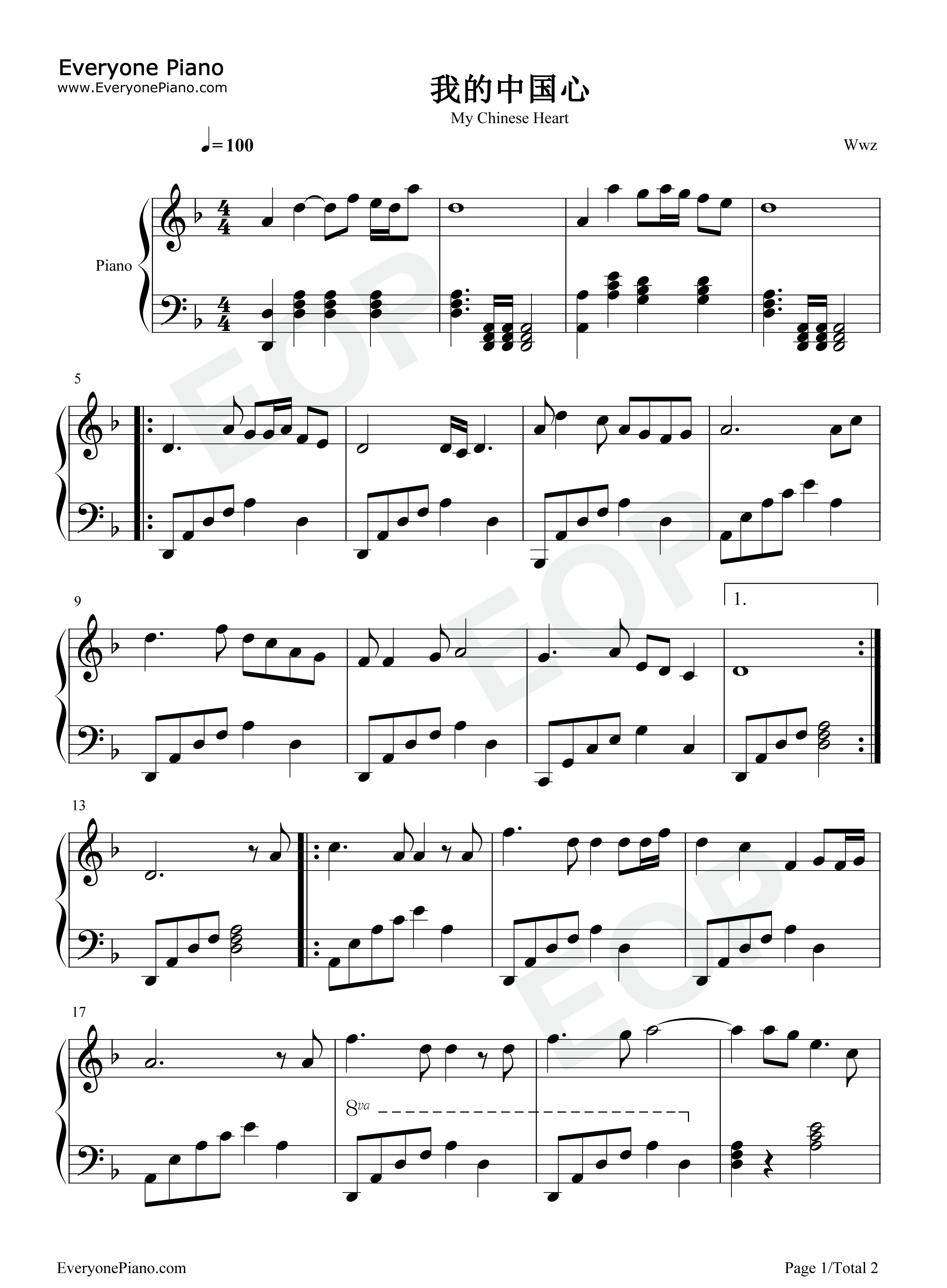

I am not in the least some weird religious fanatic, but I do have a love for uplifting songs that bring hope, peace, love, and laughter. I was raised on sacred/inspirational/Gospel music genres. For me, the ideal music education values both ends of the spectrum – and helps to develop well-rounded musicians.Thank you for your quick reply, Fabrizio. 4 It’s important for music educators and institutions to value those aural skills just as much as they value notation skills. A lot of African music and gospel music is call and response.

For example, if you listen to popular music such as Beyoncé and sing along with the melody, you don’t look at sheet music. As university students, they tend to struggle with formal music theory because they’re more familiar with the aural traditions from pop music or their own culture. Often, they haven’t received classical training. We need to dismantle the Eurocentric nature of music education because it presents barriers for racialized students. What do you think needs to change about how music is taught in Canada? If these graduates go on to become music educators – guess what? – they don’t have the skills or training or background to explore these other musical genres with their students. A music student can go through the entire program and graduate as a classically trained musician without these other skills and perspectives. U of T offers courses in Japanese taiko drumming and Inuit throat singing, and my own gospel choir course has been running for three years. But to achieve this, we need to look at how we train music teachers. My hope is that all music students soon will be able to learn the history and culture of non-Western genres – such as Indian styles of music, traditional Chinese music, gospel, trap and others. That’s something I’m not sure many people learn in high school music class…

Has pursuing a PhD at U of T’s Faculty of Music influenced anything about how you teach 3?Īs a result of research I did on African drumming, I’ve been able to put together drum circles in my class that we performed during Black History Month. We look at non-performance careers in music. We explore topics such as musical analysis, composition, lyrics and music in society.
#Everyone piano sheet music chinese how to#
It’s not the traditional performance-based high-school class, where students have an instrument in hand and spend the entire semester learning how to play it. I pride myself in teaching a holistic music program. It’s more, “Let’s listen to some pieces together and decide as a class which ones to play.”Ībsolutely. I want to ensure my students can explore the music they’re actually interested in, no matter the genre. Has your journey influenced how you teach? I returned to Toronto later to do a teaching degree. I started a double major in music and computer science but ended up moving to Edmonton for a music program that offered R & B, blues and funk. My passion was gospel music and again there was no opportunity for me to pursue that. In undergrad, my musical journey was … not smooth. So I focused on business courses and played music outside of class. The genres I loved – R&B and gospel music – weren’t available to study. In middle school, you picked up saxophone and double bass but didn’t take music at all in high school. As I got more involved in youth choirs and progressed with my piano training, the church pianist would sometimes get me to sit beside him as he performed, and gradually allowed me to play some songs during services. 2 We went to church most Sundays, so music was a natural part of my life. My parents started me (and my brother) in classical piano training when I was about eight or nine. This kind of recognition is so important because it helps racialized students see that they can pursue a career in music, whether as a music teacher, producer or engineer – that there is a place for them in music.Įvery Juno winner starts somewhere. I can’t tell you how many of my students – Black, white, East Asian and South Asian – and even students I never taught have congratulated me and told me how inspired they are that I won. What did winning the Juno Award mean to you? In May, in recognition of his commitment to music education, Hamilton won the MusiCounts Teacher of the Year Juno Award, becoming the first Black person to receive the honour. Today, he teaches music to high school students in the Peel District School Board, sharing with them his love for an artform which, he says, brings him joy every day. Darren Hamilton (BEd 2008 OISE) grew up in Toronto listening to gospel music at home and in church.


 0 kommentar(er)
0 kommentar(er)
